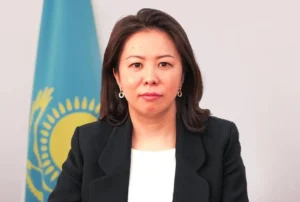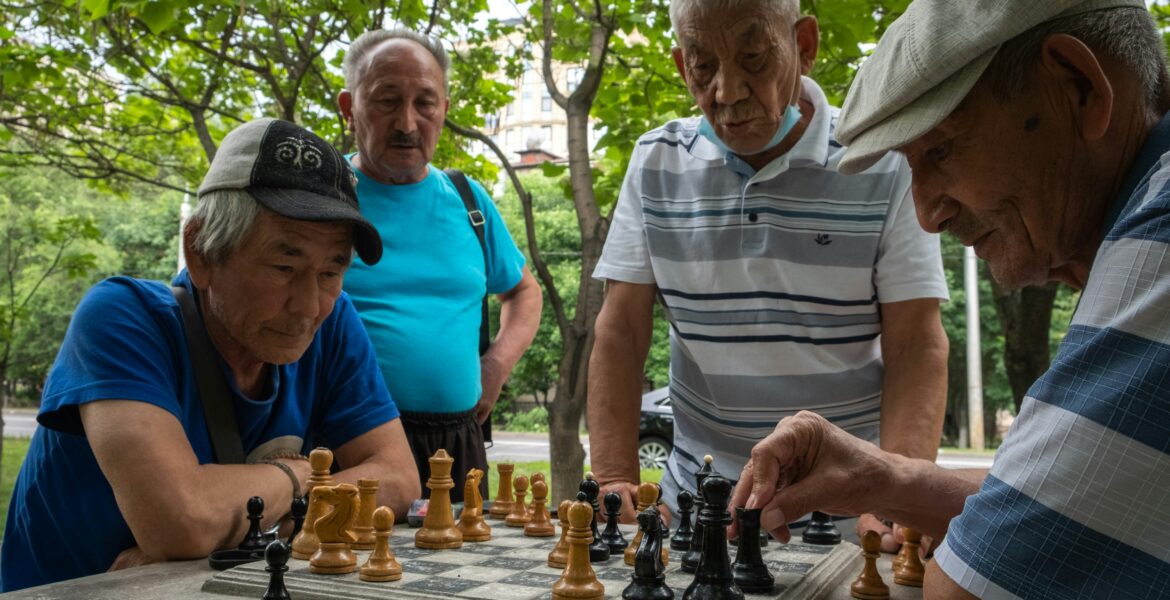Photo by Joel Heard on Unsplash
As the Vice Minister of Justice of Kazakhstan, I am proud to reaffirm our nation’s commitment to advancing human rights and adhering to international standards, writes Botagoz Zhakselekova.
One of the key mechanisms through which we pursue these goals is the Universal Periodic Review (UPR) – a process under the United Nations Human Rights Council that evaluates the human rights records of all 193 UN Member States every 4.5 years and chart the way for further improvements. The UPR becomes a universal and internationally accepted platform for nations to reflect on their human rights records, address challenges, and receive an alternative view on future progress.
Established in 2006, the UPR serves as a cornerstone for global human rights accountability and contractive engagement on issues of democracy building around the globe. By drawing on the principles of the UN Charter, the Universal Declaration of Human Rights, and various international treaties, the mechanism provides a structured framework for countries to report on their human rights efforts, share best practices, and receive valuable insights from peers.
For Kazakhstan, the UPR has been instrumental in shaping policies and ongoing reforms, aligning human rights with country’s international commitments, improving our citizens’ quality of life, and building “Just and Fair Kazakhstan.” To structure the ongoing efforts, President Tokayev signed his Presidential Decree on Human Rights and Rule of Law the same day as the world celebrated 75th Anniversary on Universal Declaration of Human Rights last year.
Thus, Kazakhstan has implemented a series of bold and far-reaching political reforms followed by constitutional amendments that:
– abolished the death penalty, a historic milestone reaffirming Kazakhstan’s commitment to the Second Optional Protocol to the International Covenant on Civil and Political Rights:
– limited the powers of the President, requiring approval from local deputies for the appointment of regional leaders and reducing the presidential quota in Parliament from 15 to 10 deputies (members of Parliament).
These steps reflect Kazakhstan’s commitment to fostering democratic governance and empowering local institutions.
Several key constitutional laws were adopted, including those that established new human rights protection mechanisms like the Constitutional Court and the Commissioner for Human Rights. The reestablishment of the Constitutional Court provides citizens with direct access to justice, enabling individuals to address violations of their rights. These institutional advancements align with the Paris Principles, ensuring that Kazakhstan’s national human rights mechanisms operate independently and effectively.
Significant progress has also been made in safeguarding the rights of vulnerable groups. The adoption of the Social Code in 2023 established the role of the Commissioner for the Rights of Socially Vulnerable Groups, providing a dedicated framework for protecting marginalized populations. Additionally, Kazakhstan has ratified the UN Optional Protocols on the Rights of Children and Persons with Disabilities, signaling its commitment to strengthening protections for some of the most vulnerable members of society.
Efforts to combat violence against women and children have been strengthened through tighter legislation. New laws criminalize harassment, impose stricter penalties for violence, and establish regional ombudspersons for children’s rights. These regional offices work in tandem with the National Commissioner for children’s rights, consolidating efforts to create a safer environment for women and children.
Kazakhstan has also intensified its fight against human trafficking and torture. In 2024, new laws were enacted to comprehensively address human trafficking, including criminal prosecution for crimes such as abduction, unlawful deprivation of liberty, forced prostitution, and trafficking involving minors. Additionally, legislation targeting torture and inhuman or degrading treatment demonstrates the government’s zero-tolerance policy toward such abuses.
These legislative and policy measures collectively underscore Kazakhstan’s dedication to ensuring dignity, justice, and the protection of fundamental rights for all its citizens. Through these reforms, Kazakhstan continues to build a society rooted in the principles of equality, accountability, and the rule of law.
In preparation for the upcoming UPR session in early 2025, Kazakhstan submitted its Fourth Periodic National Report to the UN Human Rights Council on October 4, 2024. This report reflects the mentioned above progress and country’s unwavering commitment to strengthening human rights through legislative reforms, institutional enhancements, and partnerships with civil society organizations.
The report has become a collaborative effort, with the Ministry of Justice working alongside with government agencies and civil society institutions to ensure a comprehensive and inclusive process. Additionally, ongoing deliberations about the report are being held with stakeholders to promote transparency and foster dialogue, ensuring that the recommendations translate into tangible actions to protect and promote human rights in practice.
Kazakhstan’s engagement with the UPR-mechanism reflects our unwavering commitment to the principles of the United Nations and strong dedication to building a democratic society where the rule of law prevails. Where reforms and initiatives stemming from the UPR process improve the human rights landscape within Kazakhstan and provide an example for others to follow.
 |
The Author, Botagoz Zhakselekova, is the Vice Minister of Justice of the Republic of Kazakhstan
|




